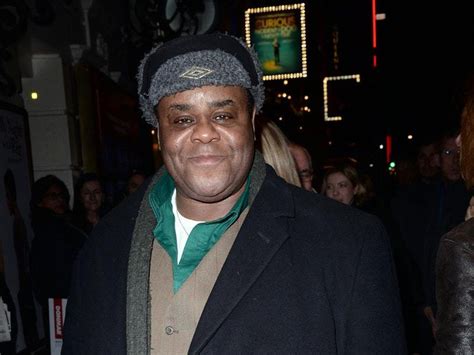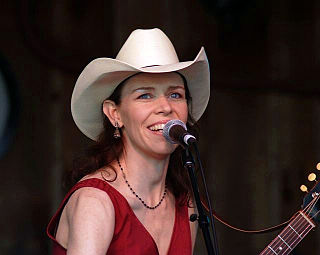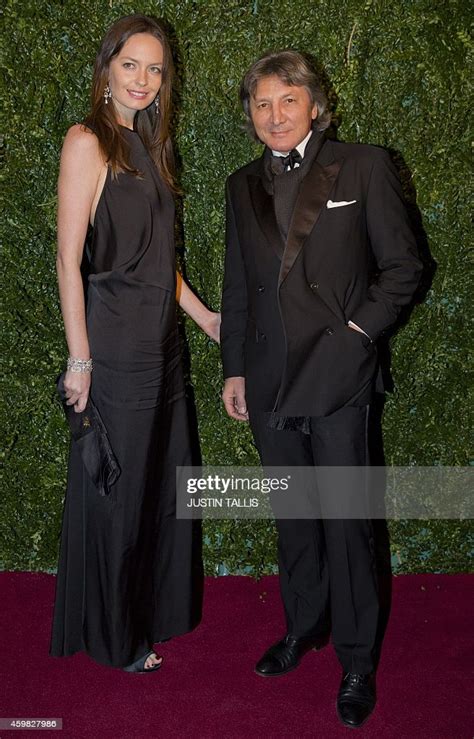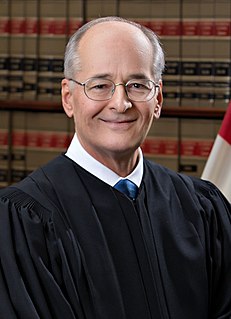A Quote by Clive Rowe
People love the traditional pantomimes and I don't think we need to disregard that tradition.
Related Quotes
What is literary tradition? What is a classic? What is a canonical view of tradition? How are canons of accepted classics formed,and how are they unformed? I think that all these quite traditional questions can take one simplistic but still dialectical question as their summing up: do we choose tradition or does it choose us, and why is it necessary that a choosing take place, or a being chosen? What happens if one tries to write, or to teach, or to think, or even to read without the sense of a tradition? Why, nothing at all happens, just nothing.
God the Eternal Father did not give [the] first great commandment because He needs us to love Him. His power and glory are not diminished should we disregard, deny, or even defile His name. His influence and dominion extend through time and space independent of our acceptance, approval, or admiration."No, God does not need us to love Him. But oh, how we need to love God!"For what we love determines what we seek."What we seek determines what we think and do."What we think and do determines who we are—and who we will become.
Those who feel guilty contemplating "betraying" the tradition they love by acknowledging their disapproval of elements within it should reflect on the fact that the very tradition to which they are so loyal—the "eternal" tradition introduced to them in their youth—is in fact the evolved product of many adjustments firmly but delicately made by earlier lovers of the same tradition.
Families are not merely constructs of outdated convention, and traditional marriage laws were not based on animosity toward homosexuals. Rather, I believe that the traditional family structure - centered on a lawful union between one man and one woman - comports with nature and with our Judeo-Christian moral tradition.
The book [Saving Calvinism] argues in each case that the Reformed tradition is broader and deeper than we might think at first glance - not that there are people on the margins of the tradition saying crazy things we should pay attention to, but rather that there are resources within the "mainstream" so to speak, which give us reason to think that the tradition is nowhere near as doctrinally narrow as the so-called "Five Points of Calvinism" might lead one to believe.

































